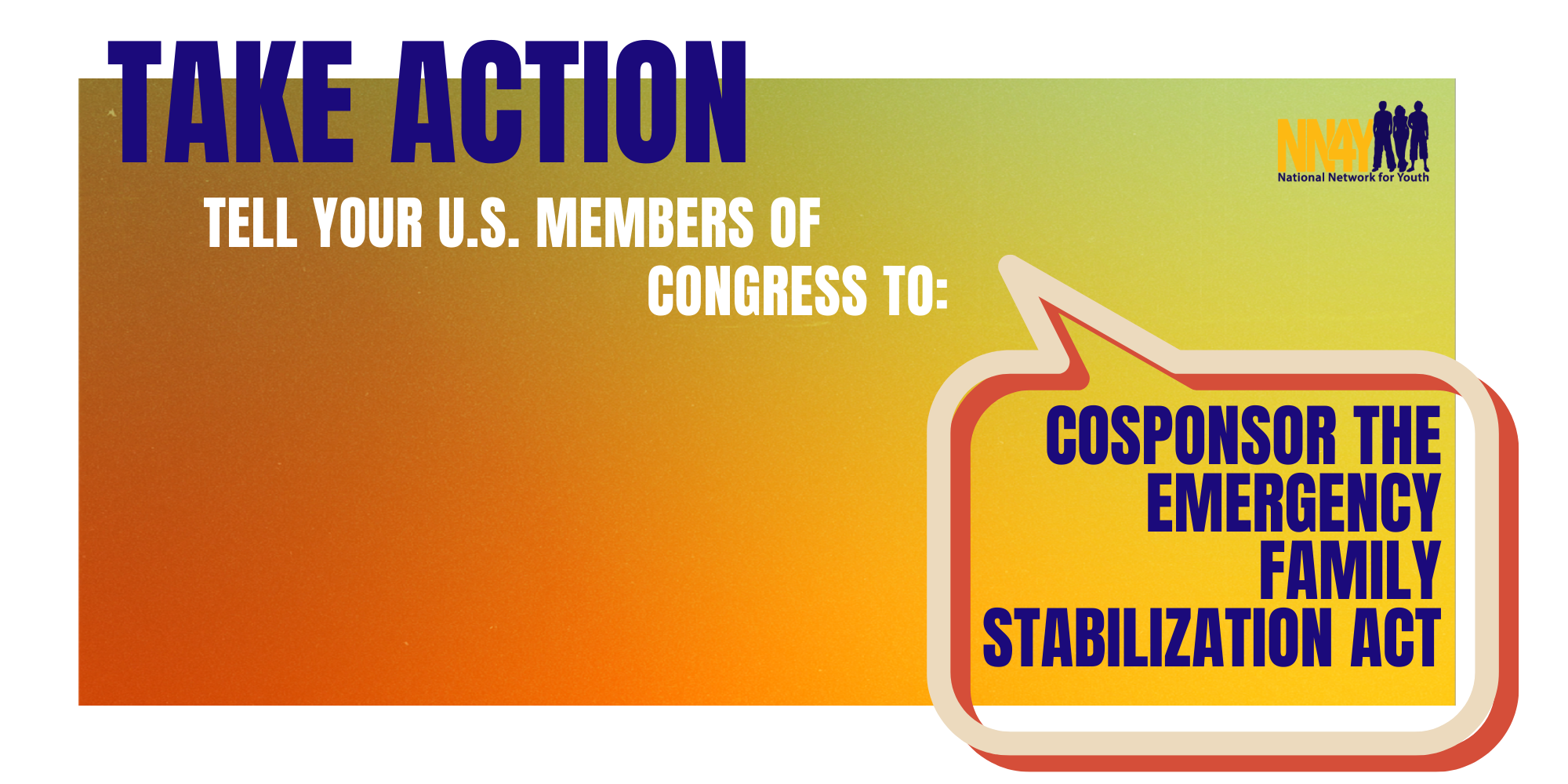Stopgap Funding Bill Passes – Will Keep Federal Government Funded to December 11th
Today, the Senate passed a bipartisan stopgap funding bill that will keep the federal government funded through December 11th. This bill is a short-term funding fix that extended the existing FY 2020 budget. The next stop for this bill is the President’s signature. In addition to extending existing funding levels for all federal programs, the following additional spending measures were included:
- $8 billion in nutrition assistance
- Billions of dollars in farmer trade relief payments
- A year-long extension of a program that allows families with school-aged children to buy groceries during the pandemic
House Unveils Updated COVID-19 Relief Bill
Late Monday night, House Democrats released a revised $2.2 trillion coronavirus relief package which could come to the House floor for a vote this week. This package does include some important homelessness assistance as well as housing resources, including:
U.S. Department of Health and Human Services
- Runaway and Homeless Youth Act: Gives the HHS Secretary the authority to provide the following flexibilities for the Runaway and Homeless Youth (RHY) program:
- Waiving the 21 day maximum length of stay in RHY Basic Center Programs
- Waiving the 540-day and 635-day maximum length of stay in RHY Transitional Living Program
- Waiving the 20-youth maximum capacity in RHY Basic Center Programs and 20-individual maximum capacity in RHY Transitional Living Programs when grantees assure that waiving such capacity limits does not compromise the health and safety of youth or staff or the ability to implement applicable Centers for Disease Control and Prevention guidance
- Waiving the 90 percent limitation on the Federal cost share
- Child Care Development Block Grant: prioritizes children experiencing homelessness or available slots, including slots that are only temporarily available
- Head Start: $1.7 billion
- Indian Health Services: $20 million to address the needs of domestic violence victims and homeless individuals and families
U.S. Department of Education
- McKinney-Vento Education for Homeless Children and Youth program: an allowable use of the $208.1 billion allotted for elementary, secondary, and postsecondary education and, as applicable, early childhood education programs and services (However, based on surveys of education agencies conducted by our partners at SchoolHouse Connection, the vast majority of states are not directing CARES Act funds to homeless children and youth, and – without specific targeting through the Education for Homeless Children and Youth Program – are unlikely to do so.)
U.S. Department of Housing and Urban Development
- Twelve month national eviction moratorium
- Emergency Solutions Grants: $5 billion
- Emergency rental assistance: $50 billion
- Tenant Based Rental Assistance: $4 billion
- All existing HUD Continuum of Care (CoC) grantees would be renewed for 2020 and there would be no 2020 CoC competition
However, the National Network for Youth continues to advocate for urgent funding needs that were not included and as negotiations are ongoing, we are asking you to continue to advocate so that we can be sure that assistance to youth experiencing homelessness is not excluded in the final package. Join us in strongly urging Congress to include the following vital policies in the next coronavirus relief package:
- The Emergency Family Stabilization Act (EFSA), H.R.7950/S.3923 at $2 billion
- Runaway and Homeless Youth Act flexible funding for new and current grantees at $300 million
- Education for Homeless Children and Youth Act flexible funding to provide stability and support for students experiencing homelessness at $500 million
 YOUR CALL TO ACTION
YOUR CALL TO ACTION
Ask your U.S. House Representatives and Senators to cosponsor the Emergency Family Stabilization Act (EFSA), H.R.7950/S.3923
1. Send an email using this tool.
2. Call both of your U.S. Senators and your U.S. Representative and ask them to cosponsor the Emergency Family Stabilization Act, H.R.7950/S.3923.
DIAL: U.S. Capitol Switchboard at (202) 224-3121
SCRIPT: “My name is _______ and I am a resident of ________. I am very concerned about the children and youth experiencing homelessness in my community, especially during the pandemic. To date, Congress has not provided the type of support that our children and youth need to be safe, stable, and thrive. As a constituent, I am asking you to cosponsor the Emergency Family Stabilization Act, H.R.7950/S.3923. This bill fills a gap in the federal response, and will greatly benefit ______ [state or city] children and youth.”
